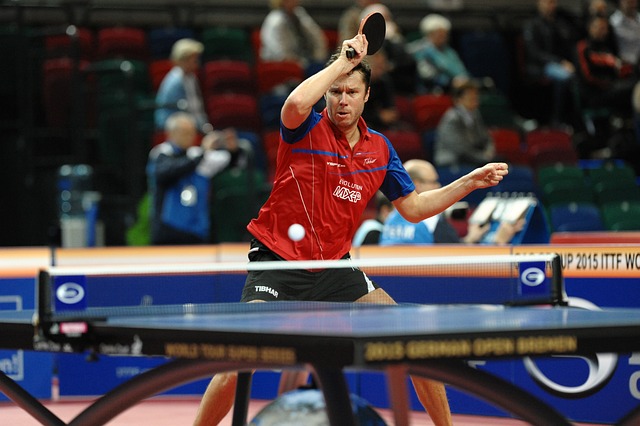It’s simple to become engrossed in the excitement of betting, particularly when you feel like you’ve figured out the method after a run of winnings. But the truth is frequently more nuanced. Many gamblers mistakenly believe they are using strategy. In reality, they fall for what psychologists call the illusion of skill. The distinction between skill and chance can be misleadingly blurred, even on sophisticated sites like 20Bet login, where there is an abundance of data and possibilities.
When people think their success comes from their skills, they create an illusion of talent. This is true even if luck plays a big role in their results. This is especially prevalent in casino and sports betting activities, where players must make decisions based on both pattern and chance. After winning some football bets, a bettor might feel they understand team chemistry or coaching skills. However, those wins often come from random chance.
This illusion is partially fueled by our brain’s search for order in chaos. Because we are innate pattern-seekers, we can quickly identify sequences, even if they are random. Your brain may see winning three bets in a row as a skill or talent, not just luck. This arrogance can lead to riskier actions, like making bigger bets or betting on less predictable outcomes.
Online platforms and betting apps often enhance this effect. The appearance of control and strategy is created by features like betting history, real-time statistics, and customized recommendations. Users think they are making smart choices, like stock traders, when they view a data-rich dashboard. However, although data can be useful, chance still exists. Even the most carefully thought-out wager can go awry due to the unpredictable nature of injuries, referee calls, and other real-world factors.

Poker and sports betting are examples of games that combine ability and chance, which tend to intensify the illusion. Although you can create tactics in these games, luck is always present. The risk comes in assuming that success can be assured by competence alone. Betting doesn’t offer a fair game like chess or professional gaming. In those games, skill alone decides the winner.
So, how can wagerers maintain their composure? Acknowledging the delusion is the first step. Recognize that immediate success isn’t usually a sign of long-term aptitude. Maintain a betting journal to record your winnings, losses, and the reasoning behind each wager. Was it a hunch, gut instinct, or research? Patterns that distinguish between impulsive and well-reasoned decisions will eventually show themselves.
Additionally, clearly define your emotional and financial boundaries. A wise bettor is one who knows when to give up, not one who consistently wins. You are much less likely to fall into the trap of false confidence if you accept the role of chance and maintain your humility when you succeed.
Ultimately, betting is a form of amusement. Don’t confuse strategy with control; instead, let it add to the enjoyment.
